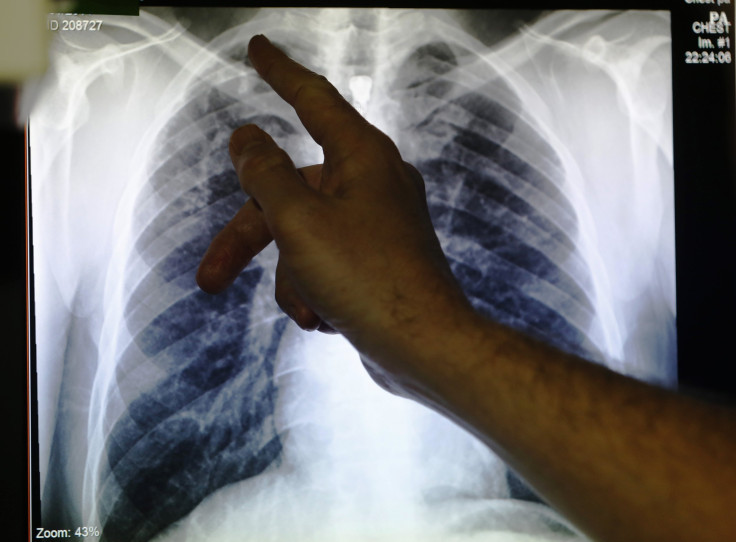Tuberculosis In Kansas: 27 Students And Staff Test Positive At An East Kansas High School

A total of 27 people or eight percent of the 300 students and staff screened have tested positive for tuberculosis at an eastern Kansas high school, state and county health officials reported Wednesday. The Kansas Department of Health and Environment (KDHE) phoned Olathe Northwest High School students and teachers with positive TB test results on Monday, while mailing letters to the homes of all those who tested negative.
Tuberculosis (TB) is caused by a bacterium that usually attacks the lungs, but Mycobacterium tuberculosis can attack any part of the body, including the kidney, the spine, and the brain. Bacteria spread through the air when a person with TB disease coughs, sneezes, speaks, or sings. TB does not spread by sharing food or drink, shaking hands, or kissing.
"Early identification and treatment of TB infection is the key to preventing progression to TB disease," said Lougene Marsh, director of the Johnson County Department of Health and Environment, which is working with the health department on this matter.
Not everyone infected with TB bacteria becomes sick or is contagious. People with what is called a latent TB infection do not feel sick. They also cannot spread the disease. However, if the bacteria become active and multiply, a latent infection will progress to TB disease. At this point, people with TB disease are not only contagious, but they also will begin feeling sick. Symptoms include fever, night sweats, cough, and weight loss.
KDHE announced that those who tested positive for TB will take a chest x-ray and begin treatment with antibiotics to kill the bacteria and prevent it from developing into TB disease. Chest X-rays and medication will be provided free of charge. For anyone exposed to the bacteria, blood tests will be repeated on May 5; this is necessary, the health department announced, since it can take up to eight weeks for bacteria to show up positive in a TB test.
In the United States, a total of 9,582 cases of TB infection were reported in 2013, a decline by 3.6 percent compared to 2012. Asians accounted for 31 percent of all TB cases reported in 2013, the highest percentage of any racial or ethnic group; 95 percent of TB patients in that group were foreign-born. Seven percent of those with TB in 2013 were also HIV-positive, a group at higher risk for TB infection.
Worldwide, one-third of the population is infected with TB; nearly 1.5 million people died of the disease during 2013. March 24 has been declared World TB Day by the World Health Organization.
Published by Medicaldaily.com



























